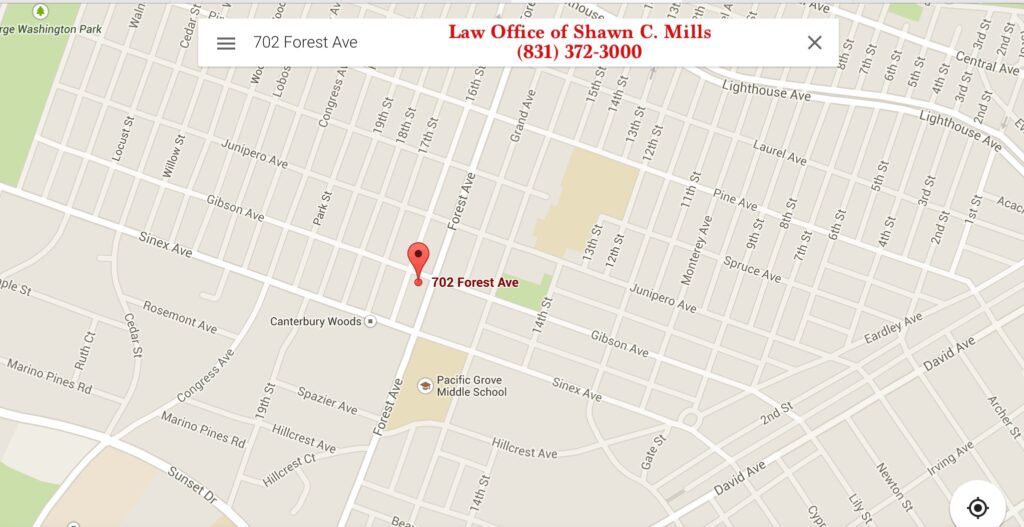
At the arraignment, you are formally advised of the charges and your constitutional rights. Bail is often set during the arraignment. Bail is used by the court almost like an “insurance policy” that you will appear on future court dates. The amount of bail is determined by the judge. The judge will look to two factors in deciding bail: your risk of flight and whether you pose a danger to the community. Bail amounts can range from being released on your own recognizance, all the way up to millions of dollars. In some cases no bail is allowed.
You have a right to be arraigned without unnecessary delay – usually within two court days – after being arrested. You will appear before a Superior court judge who will tell you officially of the charges against you at your first arraignment. At the arraignment, an attorney may be appointed for you if you cannot afford one, and bail can be raised or lowered. You also can ask to be released on O.R., even if bail was previously set.
If you are charged with a misdemeanor, you can plead guilty or not guilty at the arraignment. Or, if the court approves, you can plead nolo contendere, meaning that you will not contest to the charges. Legally this is the same as a guilty plea, but it cannot be used against you in a non-criminal case, unless the charge can be punished as a felony. Of course you only enter a plea after your lawyer has obtained all the information about your case and has advised you of your legal rights. A guilty or no-contest plea should never be taken until you and your criminal defense attorney have discussed all of your options; including police reports, witness statements, videos and scientific evidence and possible trial defenses.
Before pleading guilty to some first-time offenses, such as drug use or possession in small amounts for personal use, you may want to find out if your county has any drug diversion programs. Under these programs, instead of fining you or sending you to jail, the court may order you to get counseling which can result in dismissal of the charges if you complete the counseling.
If misdemeanor charges are not dropped, a trial will be held later in municipal court. If you are charged with a felony, however, and the charges are not dropped, the next step is a preliminary hearing.

Shawn C. Mills, Attorney at Law #189893
MONTEREY CRIMINAL DEFENSE SERVICES
702 Forest Avenue, Suite A
Pacific Grove, CA 93950
(831) 372-3000 or
(831) 521-Six-Two-Six-Five

